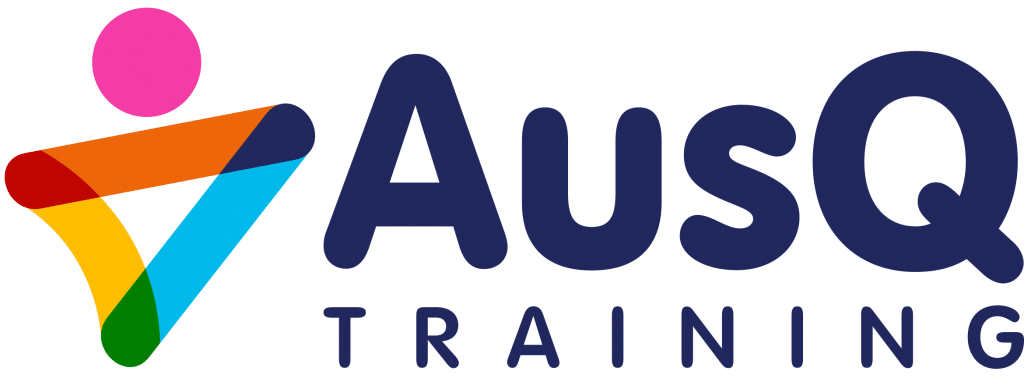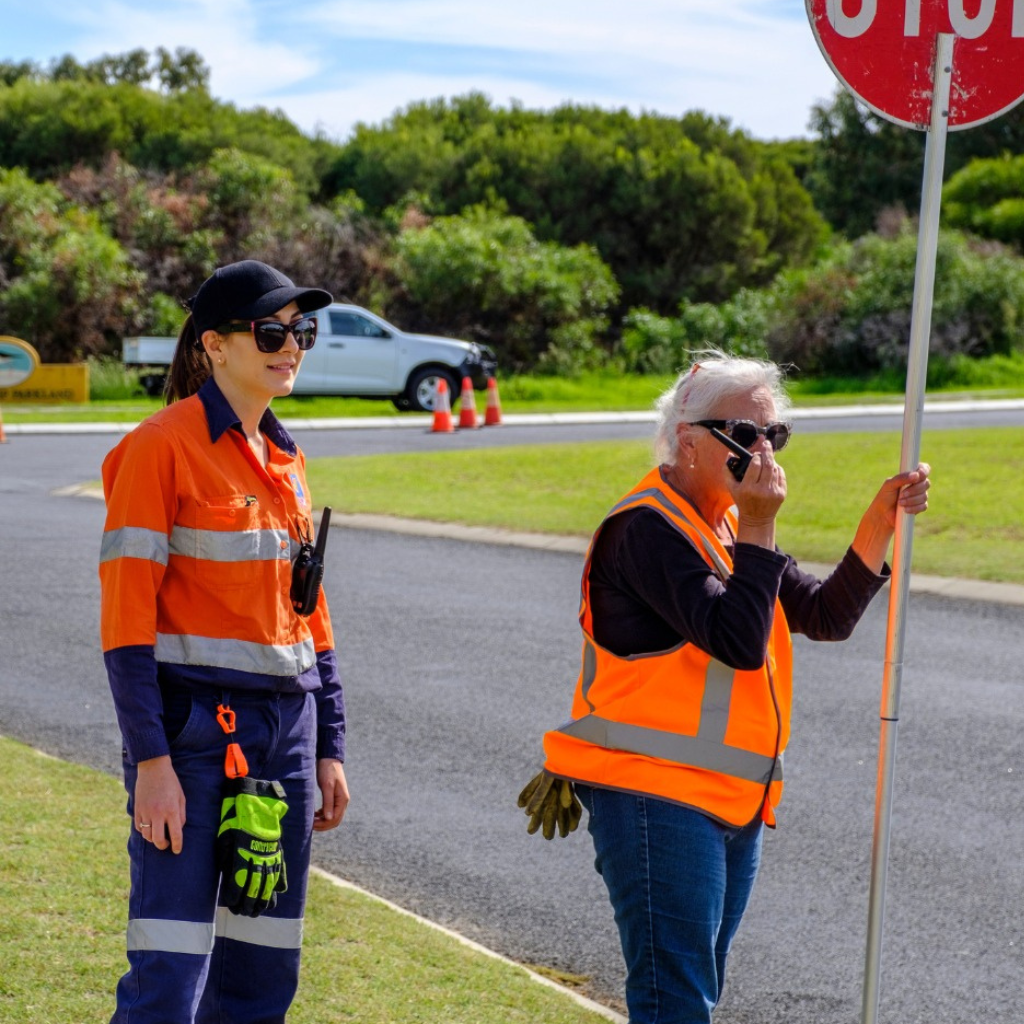Training is no small item in your organisation’s budget and strategic plan and choosing the right training provider can often be an extremely stressful and confusing task.
To help you in this challenging task, we’ve put together 11 tips for you to consider when making your selection.
1. Are they a trusted RTO?
Ensure that they are in fact a Registered Training Organisation without restrictions. You can check a RTO registration and ensure their status is current click here.
AusQ Training RTO registration number is 52361, to verify click here.
2. What do past learners say about the RTO?
Check out popular review websites such as Google or even Facebook for validated feedback.
Here are some of AusQ Training’s latest reviews.
3. Do they understand our industry and “day-to-day reality?”
Many training providers are experts in a particular area and/or industry. The best ones know to stay within that industry. Unfortunately, many don’t, meaning they are perfectly happy to work with an automotive manufacturer today, and a telecommunications company tomorrow. Same material, concepts, and stories – only the people in the room are different.
One of the participant’s major gripes about training is that “the trainer doesn’t know anything about our industry,” causing them to disengage from the content and discredit the trainer and their expertise altogether. When hiring a training provider, make sure they display a deep understanding of your industry, business model, challenges, strategy and the day-to-day reality in which participants operate.
Did you know Directors of AusQ Training also own and operate other construction-related businesses such as Traffic Force one of WA’s leading traffic management companies? We really do live and breathe traffic management.
4. Do they care about your training needs?
When asking for a proposal, the training provider you are looking for should be asking enough questions to ensure they meet your training needs. A good provider will want to understand your objectives so they can offer you the most suitable solution. They are also not afraid to turn down the opportunity if they feel they do not have the expertise you require. Be wary of the provider who doesn’t ask you any questions as they assume your needs are the same as others and will offer you an “off-the-shelf” solution.
5. Have a look at their website, what does it tell you?
You might say that anyone can have a good website, and yes to some extent this is true. In today’s world, even the worst training provider can have a very attractive website. However, a bad website IS representative of a low-quality provider. Here are a few things to watch out for:
- Is it easy to find a course per category? Per title? Per date?
- Is the contact information professional? If it is a mobile number or a Hotmail/Yahoo account, this provider must be avoided!
- Can you find the course outline for each training course offered? If not, they are most likely trying to attract enquiries and leads on courses they do not actually provide
- Do any of the page links lead to Error messages?
- Can you clearly see the price for each course? Or do you have to contact them to find out? A professional training provider is transparent about their prices.
- Spelling mistakes – Training Providers are in the business of education, there is no excuse for shocking spelling mistakes, grammar errors or formatting disasters. Even the best writers may now and again make a mistake, but multiple ones are simply not acceptable
Check out AusQ Training website here.
6. Who are the trainers?
- Always ask for the trainers’ CV and/or profile so you can check out their background. Do they have the expertise to train adult learners on that particular topic? To answer that question, you must look at it from 2 different perspectives:
- Technical Expertise
- The trainer must have worked (and still working) in that industry and must have held senior roles in that specific area of knowledge. Ideally varied roles and experience in your specific region. This will ensure they follow best practices and can provide relevant examples and case studies.
- Training Experience
Being an expert in their field does not mean they have the ability to effectively share their knowledge with adult learners. It is crucial you make sure the trainers have training experience too.
When our trainers aren’t training, you will see them working actively in the industry across operations, planning, and technical roles.
7. Do they customise their content?
Unfortunately, we still see training that isn’t customised. Generic, one-size-fits-all case studies, or role-plays from entirely different industries are still common practices in classrooms across the globe.
Customisation is key to effective learning unless participants have the ability to connect the learning to their day-to-day, and practice in a safe environment before going out into the real world. How can we expect them to perform any better after training has taken place?
When selecting, insist that any training provider you select customises core elements of their training program like case studies, role-plays, examples and terminology.
8. Beware the training provider that offers EVERYTHING!
Who can really have all the expertise required to offer a massively long list of courses for multiple industries covering hundreds of topics?
Of course, these providers are tempting as they claim to be able to meet ALL your training needs, but beware, their sole interest probably is the sheer volume of participants they attract and the income they generate rather than the content they provide. Do not compromise on the quality of your training.
AusQ Training stick to construction, if you need help in other areas we will happily refer you to a proven training provider.
9. Do they offer multi-channel and innovative learning methodologies?
How does the training provider approach the learning experience for their participants? Is the provider always looking for new ideas and solutions to help them achieve their learning objectives?
Is the training interactive? Does it include several hands-on exercises and activities every day? Is it mainly a lecture or will the participants learn by doing? Will it include real case studies? Will they come back to your organization with templates/ check lists or other practical tools? Will the trainer engage with the participants through different media such as videos / audios / site visits/ simulations?
Make sure the methodology used for each training course is relevant not only to the type of knowledge your employees must gain but also to the profile of the participants.
Since 2019 we have introduced technology such as ipads into our classrooms, this helps provides our learners with tomorrow’s workplace skills.
10. You get what you pay for
As a general rule, you do get what you pay for, and this is especially true for low-cost providers. The only way a training provider can be drastically cheaper than the competition is by cutting their costs; that means the quality will be affected at different levels:
- Quality of resources
- Experience and qualification of the trainers
- Quality of the equipment
- Facilities of the training environment
- Size of the class (is it too large to the detriment of the learning experience?)
- Course duration (is it shorter in terms of hours or days?)
When choosing a cheaper option, be aware of what you are willing to compromise.
11. Customer service
This one should be a given, however nowadays service levels can vary. Trust and relationships are always built through actual conversations.
Look for these things:
- Is the call answered promptly and professionally? Does the team have a friendly tone? A happy team is always easier to work with than an abrupt team who feel like callers are an annoying interruption.
- Are you being sold to or are they really listening to you and your actual needs? Are they providing solutions or different options for consideration?
- Is the clock running or is the team happy to give you as much time as you need?
- Do they have a depth of knowledge about the programs or qualifications that makes you feel like these are experts in their field?
- What is their story as a company?
We hope you enjoyed reading our top tips on how you can select the best training provider for your needs.
Do you have any other tips you’d like to share with us? If so, drop us an email click here.



